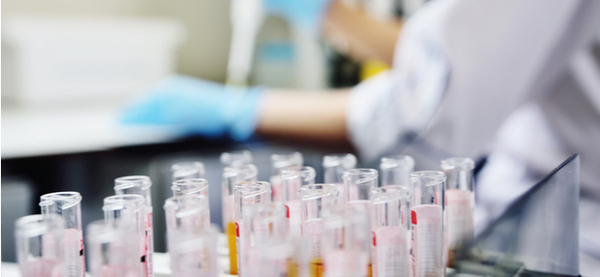Everything You Need To Know About Generic Risk Tests

Learning about genetic risks and predispositions to diseases used to be a very long, expensive, and complicated process. This was a process that typically included visits to specialists and labs. In addition, there were high costs associated with DNA analysis.
Fast forward to today, and the process of gaining critical information about your health has never been easier through genetic risk tests. For a few hundred bucks and with a simple DIY test, you can learn about what major diseases you may be at risk for. Moreover, you’ll gain the power to take preventative steps in preserving your health and those you’re related to.
What Results To Expect
A new type of genetic test called a polygenic risk score, now provides individuals access to their health regarding an array of genetic conditions. Some of the diseases that can be identified with a polygenic risk score include:
- Obesity
- Diabetes
- Autism
- Breast cancer
- Schizophrenia
For some individuals, these scores will mean major, life-altering results. If you know you have a predisposition to breast cancer, for example, then you can take active steps to get tested, monitor your health, and seek the advice of specialists.
That said, scores from a polygenic risk score aren’t always helpful. In fact, sometimes, they’re downright harmful.
Dealing with Inaccurate Or Misleading Results
You may be wondering, how can information about my genetic connection to a serious disease be a bad thing? It’s important to understand that the results can be misleading. Here’s how the process works:
- Your polygenic risk scores are calculated from numerous (hundreds or even thousands) of genetic markers
- These markers are measured using your DNA sample, and by looking at various points within the genome
- The measurements are next inserted into a formula
- This formula is based on the research of people who both do and don’t have the disease that’s being investigated
- From there, you receive a specific genetic risk score according to your personal information
It sounds like a pretty solid, scientific process, so when do the results become misleading?
It’s crucial to remember that your genetic predisposition to diseases isn’t based on your DNA alone. As of now, polygenic risk scores only account for one piece of your total risk to disease. Environmental factors are an important piece to the puzzle and can have a significant impact on increasing your risk for a particular disease.
Designer Babies: Is It Ethical?
Many individuals seeking IVF treatments as a way to get pregnant come in contact with the issue of genetic testing. Thanks to technological advances, it’s possible to test an embryo before the implantation to discern whether or not it’s vulnerable to certain diseases.
From there, the parent can choose whether or not to implant the embryo based on health information. Some people raise a red flag here and question if a potential predisposition to a disease like diabetes is really worth not going through with implantation. After all, this information is only one piece to the puzzle.
Is Testing Accurate?
Testing isn’t always going to be completely accurate either. Some companies have developed their own methodologies to generate risk predictions for individuals submitting their DNA data. This means if you were to submit your DNA sample to several companies seeking out health information, it’s possible you would receive different results from each company.
The results will rarely be completely inaccurate and wrong, though it has happened, and that risk is out there. Inaccurate results can cause you to spend unnecessary time and energy at specialists and doctors, trying to learn more information.
What You Should Consider
It’s important to consider the emotional toll of genetic testing as some results can bring on problems with depression and anxiety. Getting surprising results can be a harsh dose of reality. Learning you carry a gene that can potentially cause life-threatening complications is a lot to deal with.
Before testing, consider how this process might affect your emotional and psychological state. Having a good team of doctors and supportive family and friends will help you should you get some unfavorable results.
Bottom Line
As DNA testing becomes more popular, a greater number of individuals will learn information about their genes that they never knew was possible. Sometimes these results are misleading and inaccurate, while other times, they’re truly insightful and life-saving.
Be sure that you pick a reputable company to work with when genetic testing. Moreover, do your research to understand associated risks and consequences.



